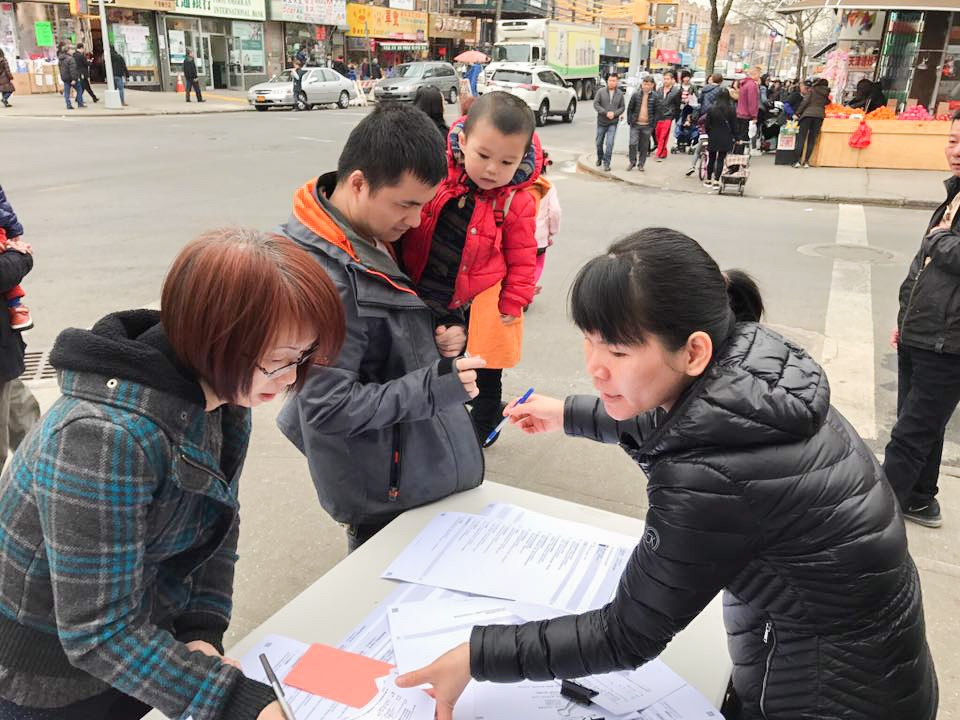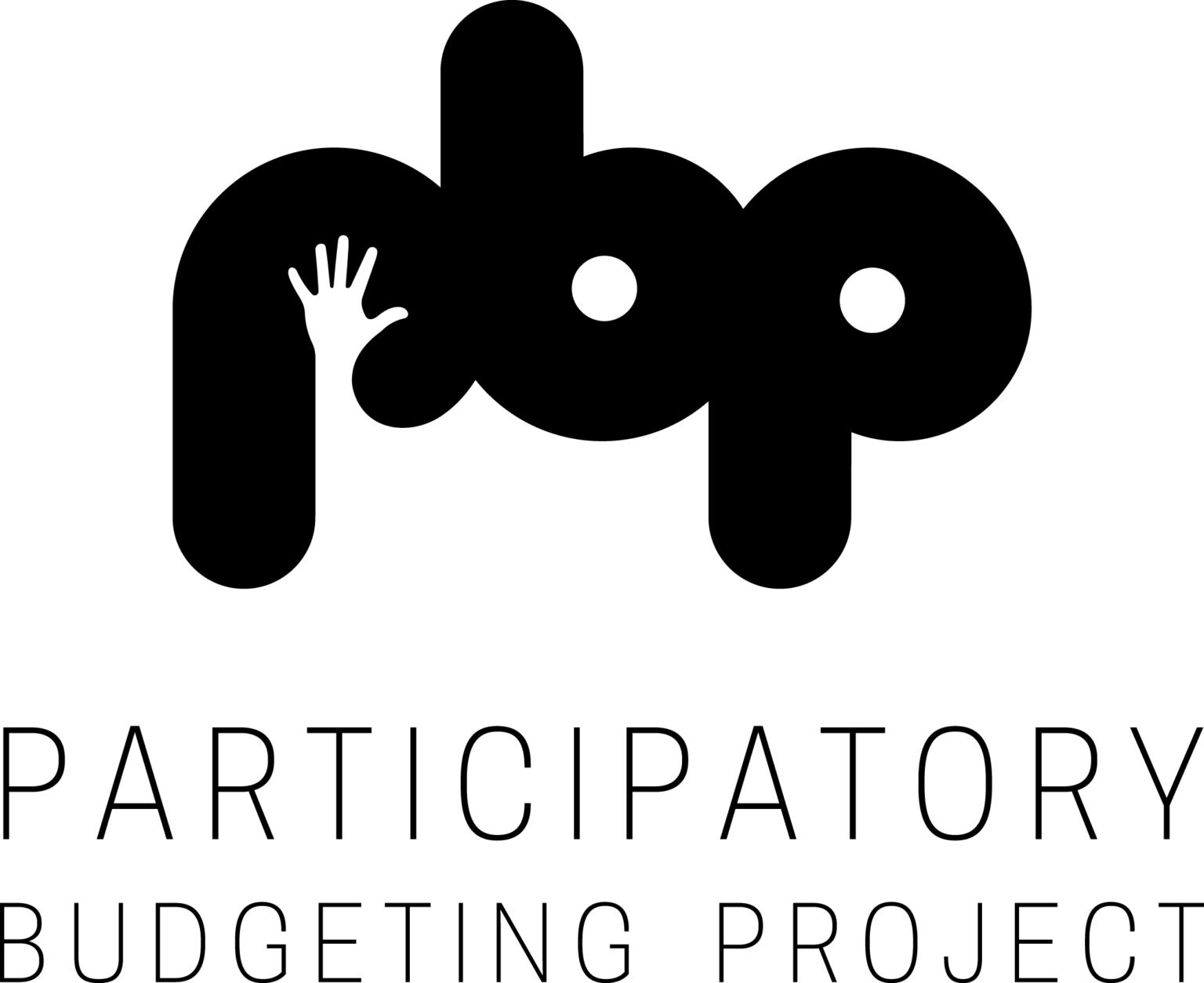What is participatory budgeting?
See the latest updates from the field
Looking for resources to dig deeper?
What is PB?
Participatory budgeting (PB) is a democratic process in which community members decide how to spend part of a public budget. It gives people real power over real money.
PB started in Porto Alegre, Brazil, in 1989, as an anti-poverty measure that helped reduce child mortality by nearly 20%. Since then PB has spread to over 7,000 cities around the world, and has been used to decide budgets from states, counties, cities, housing authorities, schools, and other institutions.
The New York Times calls PB “revolutionary civics in action”— it deepens democracy, builds stronger communities, and creates a more equitable distribution of public resources.

Where is PB happening?
PBP has worked directly with community leaders in dozens of cities and institutions in the US and Canada to plan and run PB processes, and our work has inspired dozens more processes. Click here or see below for a map of where PB is happening and for more detailed profiles of a few key processes.
PB Impacts
Doing participatory budgeting (PB) sparks a variety of powerful, lasting impacts across a community.
Stronger civil society:
- People learning democracy by doing it
- Better, more transparent and accountable relationships with government
- Pathways to lifelong civic engagement
- Engaging people in historically marginalized communities
New community leaders:
- Access to opportunities for leadership
- Building skills like public speaking, negotiation, and facilitation
- Opportunities for youth to gain confidence, communication skills, and experience in leadership
More equitable and effective public spending:
- Increased responsiveness to expressed public needs
- Incorporation of residents' innovative spending ideas
- Communication of need to public officials - even through ideas that don't get funded


